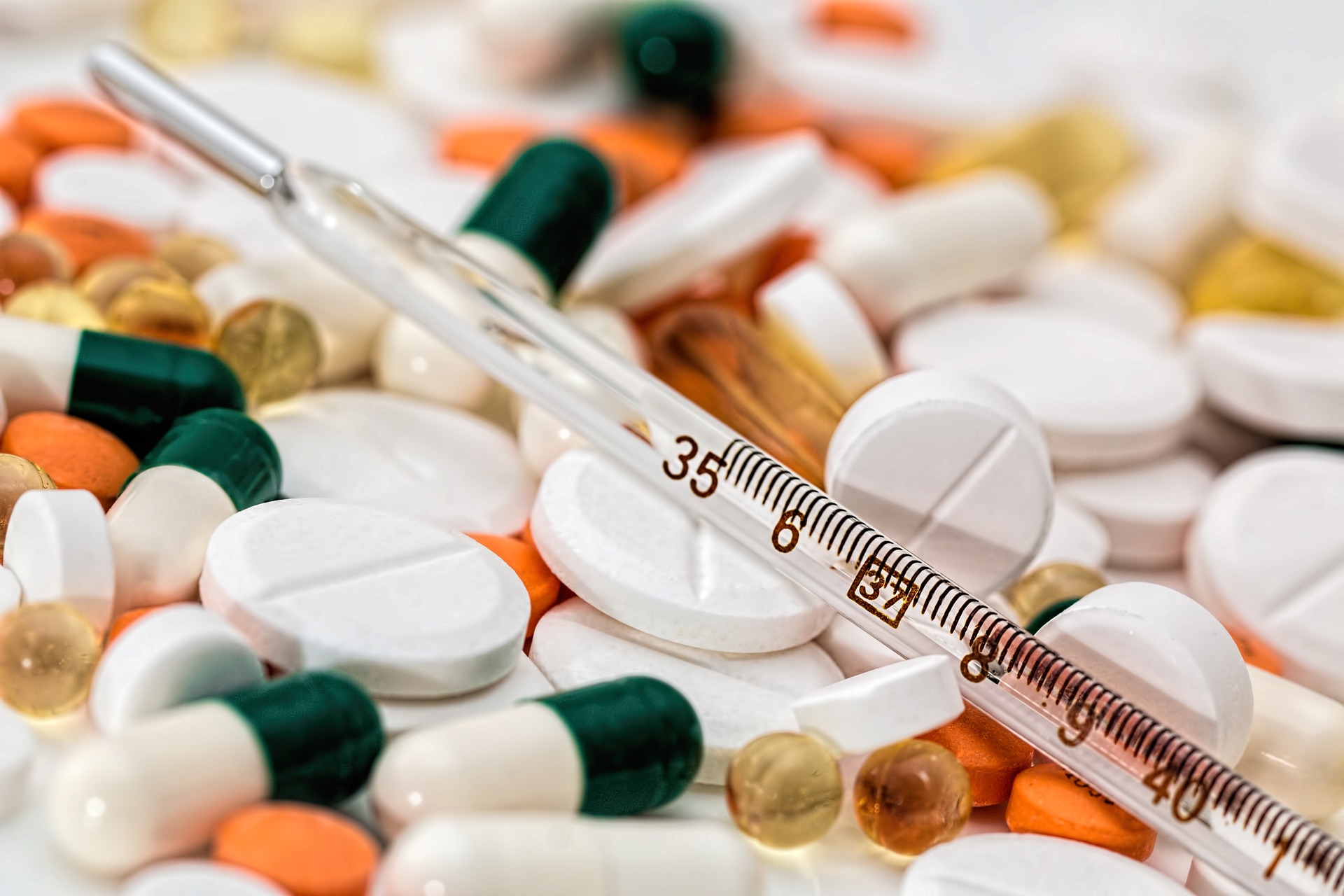British Columbia continues to lead the way in Canada for its biosimilars program, or what is sometimes called “generic drugs”.
Biosimilars are highly similar versions of bioengineered drugs, known as biologics.
They cost anywhere from 25 to 50 percent less than regular biologics, yet Canada is significantly behind other jurisdictions at roughly an eight percent use rate, with other nations having upwards of 50 to 95 percent.
This latest initiative is allowing the government to add new drugs to the PharmaCare formulary, meaning more people get affordable access to the medications they need.
Provincial health minister Adrian Dix says biosimilars help save both British Columbians and the province millions of dollars every year.
“This work is allowing us to put another $30.7 million over the next three years, in addition to the $96.6 million from earlier phases of the Biosimilars Initiative back into B.C.’s health-care system. It also adds new drugs to our formulary, meaning more people get affordable access to the medications they need.”
“The savings have allowed expanded coverage of treatments for chronic obstructive pulmonary disease and attention deficit hyperactivity disorder in adults, and treatments that mitigate the risk of heart attack or stroke,” Dix added.
According to the province, biologics are collectively the single biggest expense for public drug plans, and their costs continue to climb.
The recent additions to the formulary since May 2020 include:
- Mepolizumab line extension for the treatment of asthma
- Glecaprevir+pibrentasvir (Maviret) criteria change for the treatment of Hepatitis C
- Sarilumab (Kevzara) for the treatment of rheumatoid arthritis
- Inhaler coverage changes, including the addition of Trelegy Ellipta for the treatment of chronic obstructive pulmonary disease (COPD)
To learn more about the program or to see the full list of drugs in the formulary, visit the Government of British Columbia’s website.






